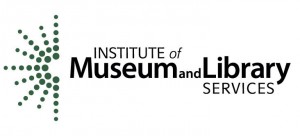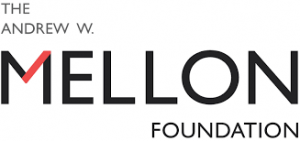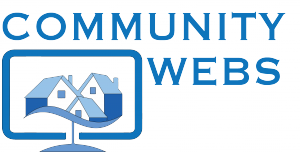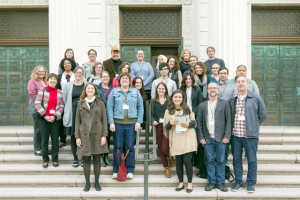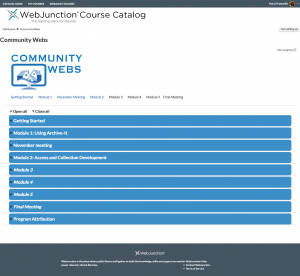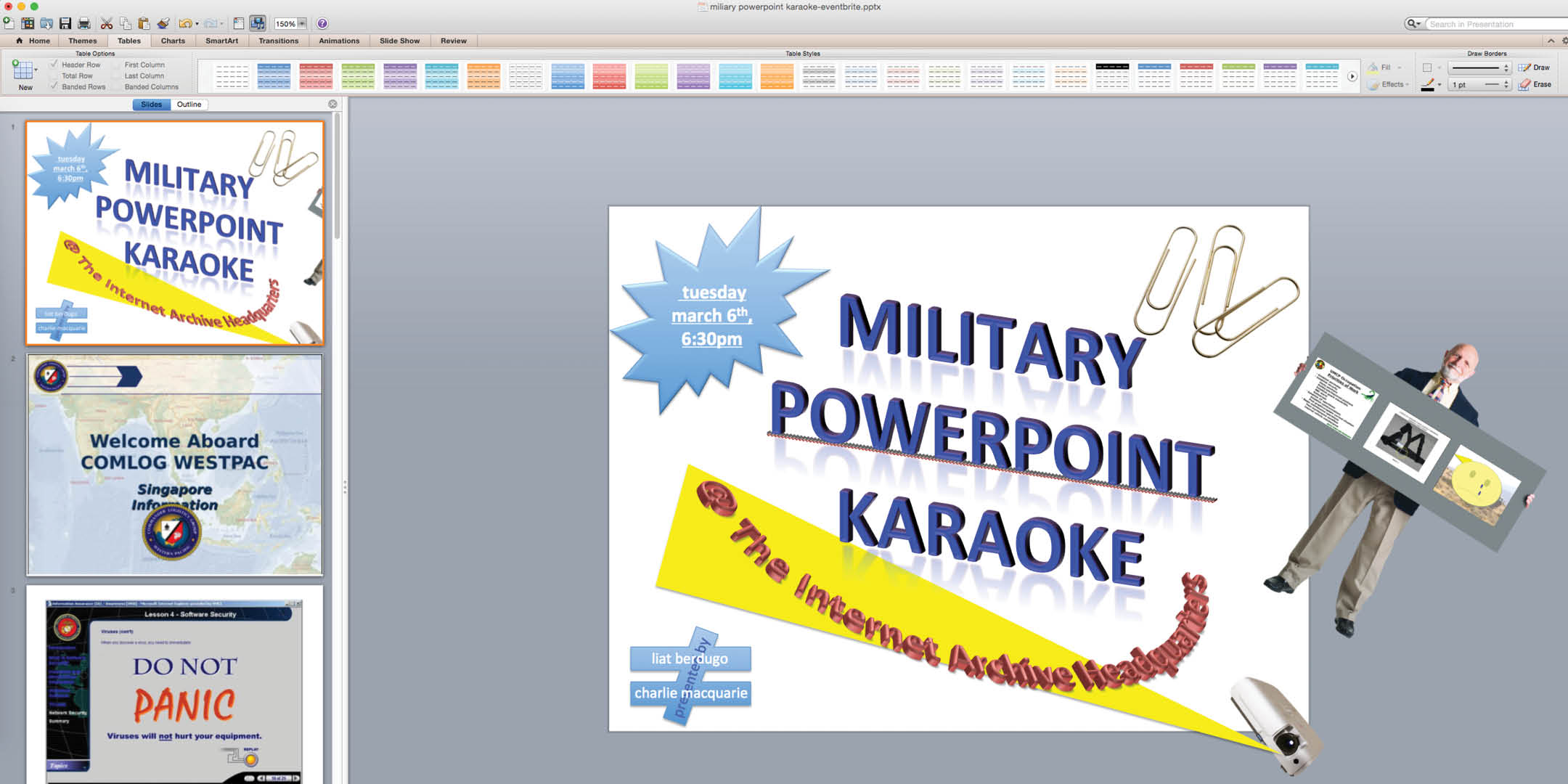We are pleased to announce that the Institute of Museum and Library Services (IMLS) has recently awarded a collaborative grant to the New York Art Resources Consortium and our Archive-It group to host a national forum event, along with associated workshops and stakeholder meetings, to catalyze collaboration among art libraries in the stewardship of historically valuable art-related materials published on the web. The New York Art Resources Consortium (NYARC) consists of the research libraries and archives of three leading art museums in New York City: The Brooklyn Museum, The Frick Collection, and The Museum of Modern Art. Archive-It is the web archiving service of the Internet Archive that works with hundreds of heritage organizations, including an international set of museums and art libraries, to preserve and provide access to web-published resources. Archive-It and NYARC will jointly run the project, Advancing Art Libraries and Curated Web Archives: A National Forum.
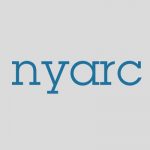
 This National Leadership Grant in the Curating Collections program category to conduct a National Forum and affiliated meetings builds on NYARC’s and Archive-It’s work together expanding web archiving amongst art and museum libraries and archives, including through the ARLIS/NA Web Archiving Special Interest Group, as well as their individual efforts to advance born-digital collection building. In Reframing Collections for the Digital Age, NYARC focused on web archiving program development, including technical work to integrate Archive-It and its discovery services that can inform work in similar institutions. Archive-It, with its Community Webs program, is working with dozens of public libraries on cohort building, educational resources, and network development supporting community history web archiving — a model that can be adopted by the national art library community to scale out its coordinated efforts. In addition, Archive-It has led, and NYARC operationalized, collaborative efforts towards joint API-based systems integrations research and development to further joint services and interoperability.
This National Leadership Grant in the Curating Collections program category to conduct a National Forum and affiliated meetings builds on NYARC’s and Archive-It’s work together expanding web archiving amongst art and museum libraries and archives, including through the ARLIS/NA Web Archiving Special Interest Group, as well as their individual efforts to advance born-digital collection building. In Reframing Collections for the Digital Age, NYARC focused on web archiving program development, including technical work to integrate Archive-It and its discovery services that can inform work in similar institutions. Archive-It, with its Community Webs program, is working with dozens of public libraries on cohort building, educational resources, and network development supporting community history web archiving — a model that can be adopted by the national art library community to scale out its coordinated efforts. In addition, Archive-It has led, and NYARC operationalized, collaborative efforts towards joint API-based systems integrations research and development to further joint services and interoperability.
By mobilizing a broad effort through an invitational forum, the project aims to achieve national scale through network building and shared infrastructure planning that the project team will foster through a program of discussion, training, and strategic roadmapping. The project will include the contribution of a diverse group of members of the art library community, lead to published outputs on strategic directions and community-specific training materials, and launch a multi-institutional effort to scale the extent of web-published, born-digital materials preserved and accessible for art scholarship and research. Thank you to IMLS for their continued support of work advancing web archiving and the overall national digital platform initiative.
